Inspired by celebrity wine investors, many Chinese investors have started to dream about owning a chateau themselves. However, buying a chateau is different from buying a house, said vineyard investment specialists. Here are five things you need to think about before buying a wine estate.

Image: wineries owned by Chinese investors (from top left):
Chateau de La Riviere, Chateau Quercy, Chateau La Bastide and Chateau Preuillac.
1.You are not buying a house.
For the price of a property in Shanghai, you could own a castle with land and make your favourite drink in France? Unfortunately this attractive notion is like comparing apples with grapes. Buying a chateau is not buying a country manor, it is more about the business, with working capital, staff and production to account for. ‘Consider one hectare is 100mx100m and may produce roughly 6,000 bottles of wine a year. That is clearly too much for you to drink. If you want to give them to friends, you will need a lot of friends. I would prefer that you sell the wine.’ Explains David Lawton, President of WI&NE, a Bordeaux based specialists network handling all aspects of investing in French vineyards. ‘Many Chinese buyers don’t spend enough time considering the production. We always ask clients if they cannot sell the wine, why buy a vineyard?’
2.‘China is very big’ is not a plan.
Many prospective buyers assume selling wine to China would be easy because it is a populous country and they are native. ‘’China is very big’ is not enough as a business plan.’says David,’It is not easy for the wine trade to sell wine in China, and it won’t be easy for you if you don’t have a clear project in mind.’ But of course, the wine could be put to other uses. For example, a mainland company with 75,000 employees invested in a vineyard and giftthe production to staffs at year end. ‘Think about if you are not in the wine business, what will you do with the wine?’
3.Don’t underestimate local and specialist expertise.
Investing abroad means a different set of rules and cultures. Serious buyers know the importance of good advisers from the moment of defining investment goals to post-sale winery management.There are incredible amounts of details that need to be checked by experts and it takes years of knowledge and experience to do good analysis. For example, do you comply with local regulation? What are your tax obligations? Are inventory and stock accurately recorded? Are the root-stocks and soil healthy? Can climate change impact your prospects? According to David, ‘most people who say they don’t need consultants don’t end up signing deals.’
4.Cash is still king.
bFunding is not usually an issue for most Chinese buyers. Butas more people aspire to be chateau owners, enquiries about financing in France have been on the rise too. So far, though, Chinese buyers are expected to, and do, come with cash. ‘Generally it is difficult for the Chinese to get financing in France.’ David agrees, ‘Come with the money ready or youwon’t be able to buy.’
5.Chinese New Year could be a good time to start your search.
Many people prefer to search for suitable properties during the warm summer months. But Chinese New Year could be a better time to start the process, leading to March/April for visits. David advises, ‘It’s better to come at the early part of the year for a clearer view of the business. Around March the accounts are out for the whole of the previous year. Of course you can come during the summer, or any other time, but you have to know that you will be working with last year’s accounts to December.’
All rights reserved by Future plc. No part of this publication may be reproduced, distributed or transmitted in any form or by any means without the prior written permission of Decanter.
Only Official Media Partners (see About us) of DecanterChina.com may republish part of the content from the site without prior permission under strict Terms & Conditions. Contact china@decanter.com to learn about how to become an Official Media Partner of DecanterChina.com.

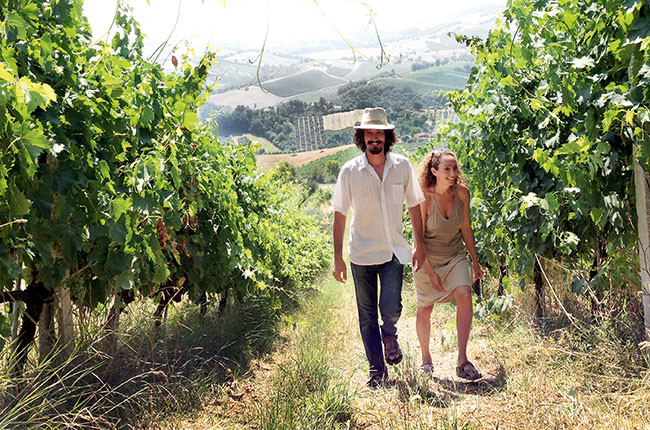

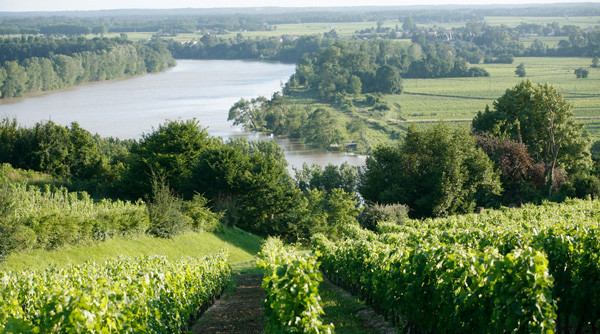


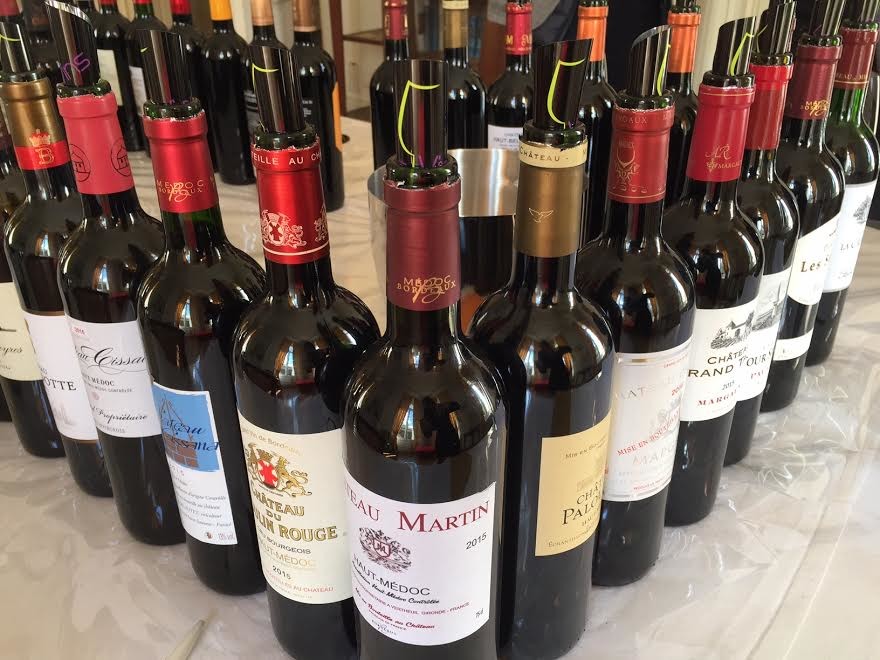
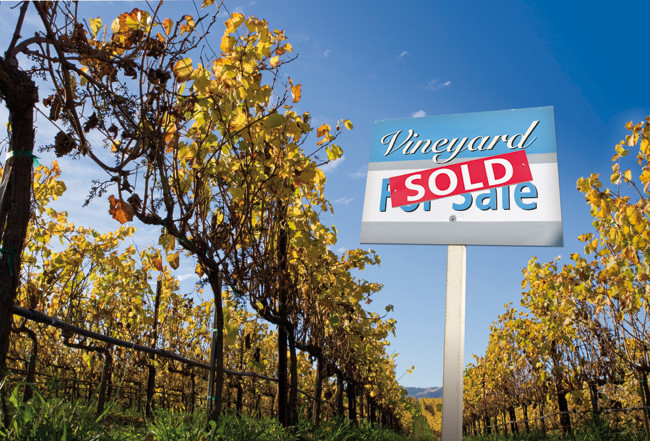


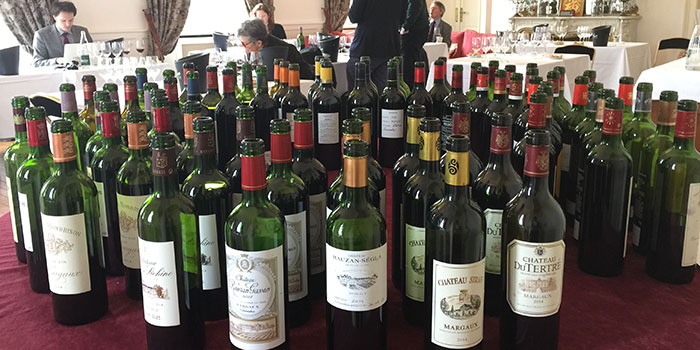
Comments
Submit